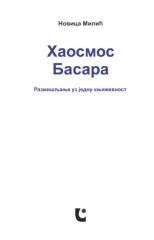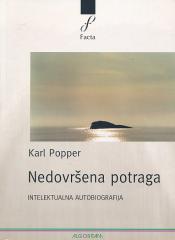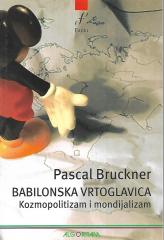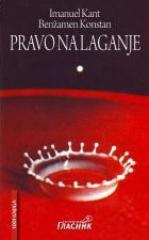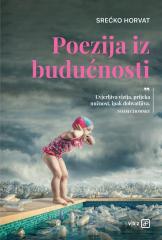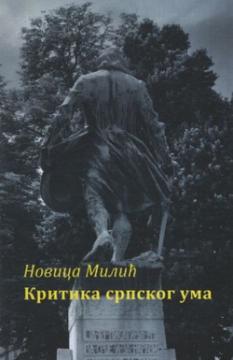
Kritika srpskog uma
Polazište knjige je da je Srbe prosvjetiteljstvo sustiglo ne samo kasnije od svog europskog pohoda u 18. stoljeću, već su mu se odupirali i kad ih je sustiglo. Na Balkanu je povijest išla drugim putevima, imala je drugačije ritmove.
S jedne strane Milić analizira motive Kantovih kritika pokazujući da “kritika” kod Kanta znači “opravdanje”, odnosno pod kojim uslovima se razum i um legitimno upotrebljavaju. Nelegitimna je, recimo, ona upotreba uma koja ne poznaje sopstvene granice, kao u Holokaustu, recimo, gde su nacisti pokušali istrebljenje Jevreja da opravdaju (lažnim) razumskim argumentima. Tamo, dakle, gde um nije u stanju da prepozna i postavi granice samome sebi, da samoga sebe ustavi, tamo gde um ne priznaje zakone (ustave) koje je sam postavio u korist čitave zajednice, neminovno sledi katastrofa. S druge strane, analizirajući istoriju Srbije pokazuje Milić šta se zbivalo u Srbiji u doba kada su se, u Evropi, lomila koplja za vladavinu uma (zakona), odnosno kada su se ideje prosvećenosti, svim preprekama uprkos, stabilizovale. Milićeva analiza istorije, međutim, ne ide u velikim talasima, već se usredsređuje na važne nosioce modernih ideja (poput Dositeja Obradovića ili Bože Grujovića), odnosno na najžešće protivnike modernizacijskih projekata (poput Nikolaja Velimirovića), da bi, u malim koracima, pokazao zbog čega Srbija nikada nije prihvatila ideje prosvećenosti, zbog čega je ispala iz evropskog koloseka i ostala na sporednim istorijskim putevima. Drugim rečima, Srbija nikada u svojoj istoriji nije uspela da usvoji kritiku – u svakom od značenja toga pojma – niti da je institucionalizuje kao nužan preduslov zdravog zajedničkog života.
Jedan primerak je u ponudi
